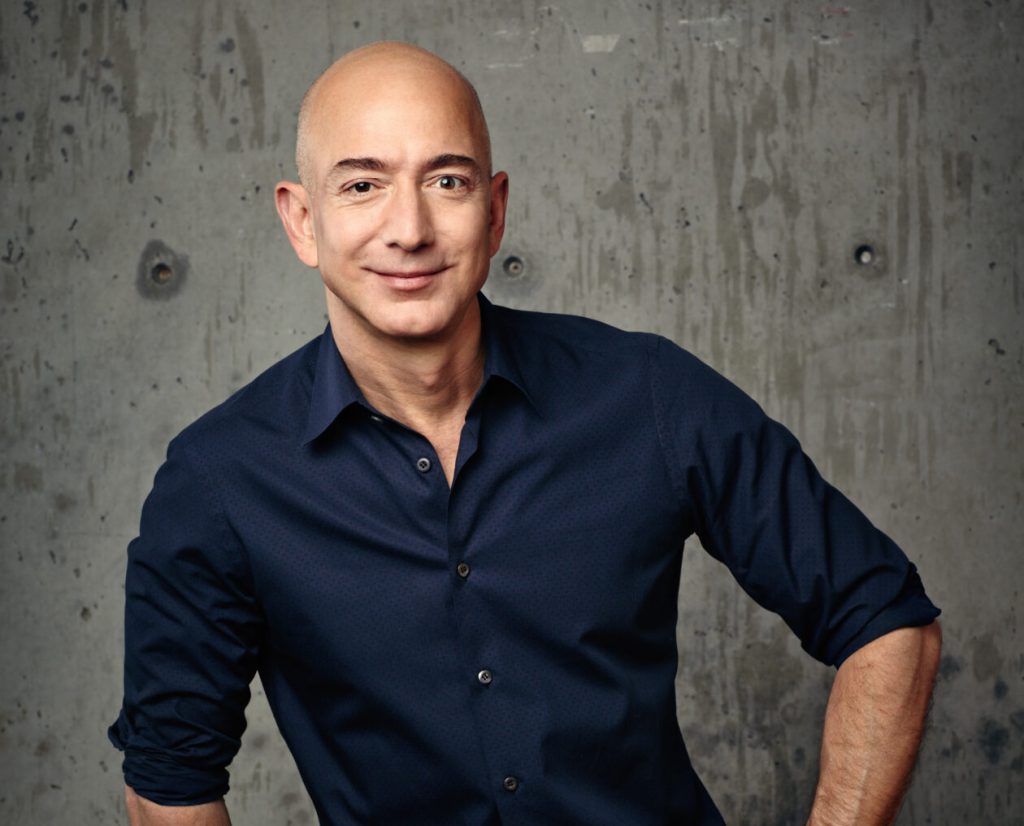Jeff Bezos, the billionaire founder of Amazon, recently defended his decision as the owner of The Washington Post to end the newspaper’s tradition of endorsing candidates for president. Bezos stated that there was no quid pro quo involved in the decision to spike an endorsement of Vice President Kamala Harris. This move has sparked intense backlash, with over 200,000 digital subscribers canceling their subscriptions, representing about 8% of the paper’s paid circulation. Additionally, two columnists and two writers have resigned from the paper, and former editor Marty Baron criticized the decision as “cowardice” and a blow to democracy.
Baron also expressed concern that President Donald Trump may see this move as an opportunity to further intimidate Bezos. Bezos cited the lack of trust and credibility in the media as a reason for the decision to end endorsements, stating that they create a perception of bias and non-independence. He emphasized that presidential endorsements do not sway undecided voters, and instead, they can damage the paper’s reputation. Bezos admitted that he is not an ideal owner in terms of conflicts of interest, as representatives from his various companies often meet with government officials, creating complications for The Post.
Bezos expressed regret that the decision to stop endorsing presidential candidates was not made earlier, away from the emotions surrounding the election. He noted that a meeting between the CEO of his Blue Origin space company and Trump was scheduled without his knowledge, adding to the appearance of conflicts of interest. Bezos acknowledged the complexities he brings to The Post as an owner, labeling himself as a “complexifier” for the newspaper. Despite these challenges, he defended the decision as principled and necessary to maintain the credibility and independence of the publication.
Bezos highlighted the changing landscape of journalism, where public trust in journalists and the media is low. By ending presidential endorsements, The Post aims to avoid perceptions of bias and increase its credibility among readers. Bezos argued that the decision was the right one, as endorsements have little impact on the election outcome and can actually harm the paper’s reputation. While facing criticism and backlash for the move, Bezos stood by his decision and emphasized the importance of maintaining journalistic integrity and independence in a challenging media environment.
In conclusion, Jeff Bezos defended his controversial decision to end The Washington Post’s tradition of endorsing presidential candidates. Despite facing backlash and resignations from staff members, Bezos stood by the move as necessary to increase the credibility of the newspaper and avoid perceptions of bias. He acknowledged the complexities of his ownership of The Post and conflicts of interest that arise from his various business ventures. Ultimately, Bezos emphasized the importance of journalistic integrity and independence in a time of low public trust in the media landscape.


